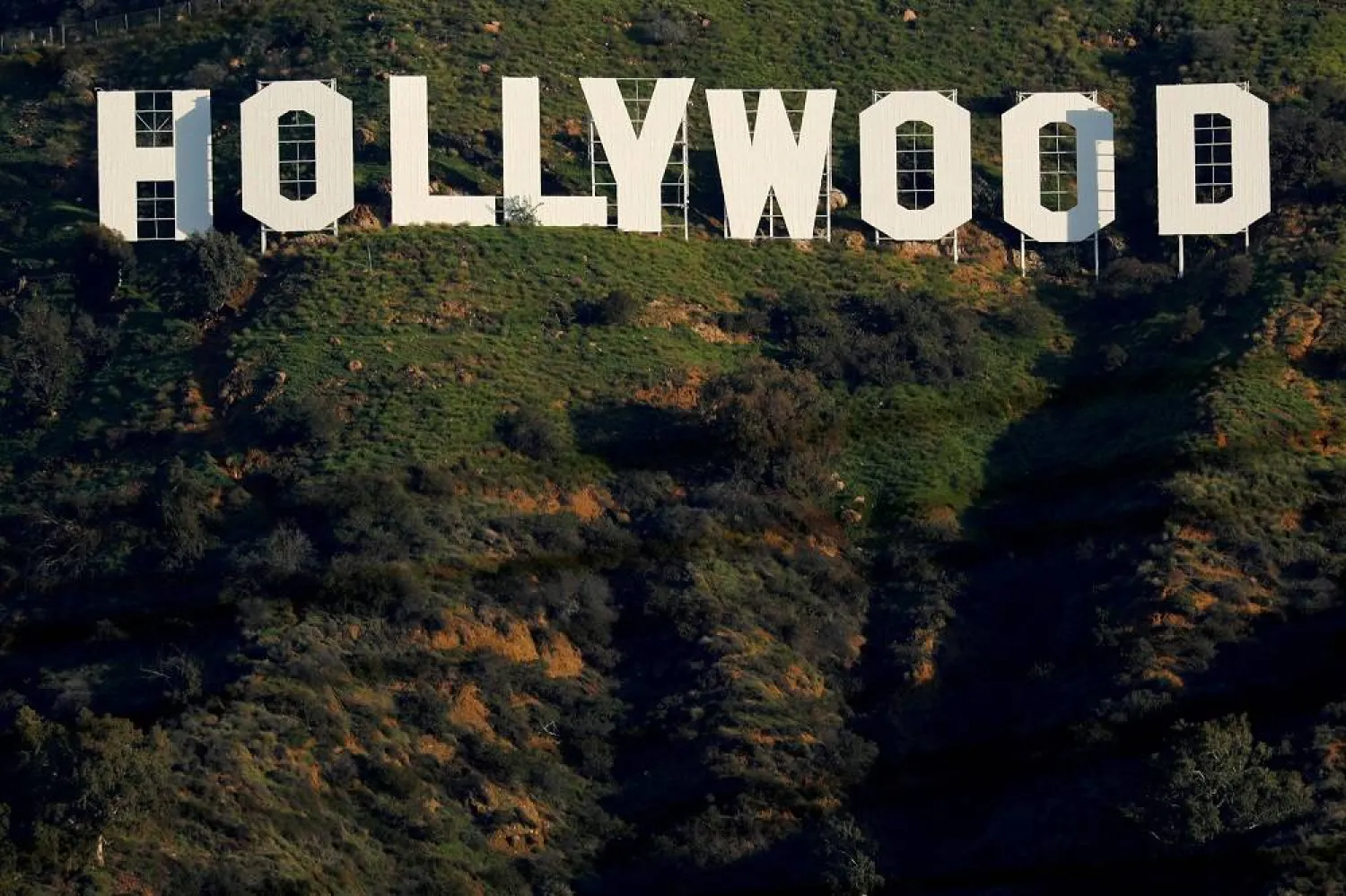The Hollywood's actors union voted to authorize a strike if contract talks break down, turning up the heat on major film and television studios already grappling with a monthlong work stoppage by writers.
After voting closed on Monday, SAG-AFTRA said 97.91% of ballots cast supported a strike authorization. Nearly 65,000 members, or about 48% of those eligible, voted on the measure.
"Bravo SAG-AFTRA. We are in it to win it," Fran Drescher, the union's president, said in a statement.
Talks between the 160,000-member union, Hollywood's largest, and the major studios are scheduled to start on Wednesday.
No new negotiations are scheduled with the striking Writers Guild of America (WGA), which represents 11,500 film and TV writers. Their walkout has disrupted production of late-night shows and shut down high-profile projects including a new season of Netflix's "Stranger Things" and a "Game of Thrones" spinoff for Warner Bros Discovery's HBO.
Over the weekend, the studios likely averted a second work stoppage by reaching a tentative deal with the Directors Guild of America (DGA). That pact will take effect if DGA members vote to ratify it in the coming weeks.
With the actors, "we are approaching these negotiations with the goal of achieving a new agreement that is beneficial to SAG-AFTRA members and the industry overall," said the Alliance of Motion Picture and Television Producers, which represents Walt Disney Co, Netflix Inc and other studios.
A strike by actors would lead to a broader shutdown across Hollywood and increase pressure on studios that need programming to feed their streaming services and the fall TV broadcast schedule.
In the negotiations, actors are seeking higher pay and safeguards against unauthorized use of their images through artificial intelligence. Their current deal expires June 30.
SAG-AFTRA leaders said the industry had changed dramatically with the rise of streaming television and the emergence of new technology such as generative AI.
The coming talks "may be one of the most consequential negotiations in the union's history," said chief negotiator Duncan Crabtree-Ireland.
"Inflation, dwindling residuals due to streaming, and generative AI all threaten actors’ ability to earn a livelihood if our contracts are not adapted to reflect the new realities," he said.









